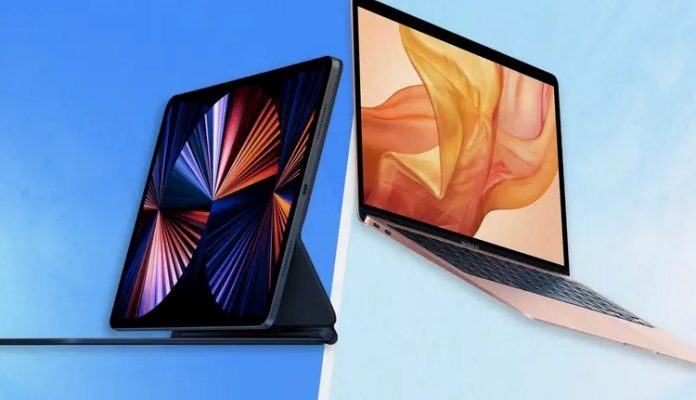OLED technology has been in our lives for a while. Far superior to traditional panel types, this advanced technology works wonders in terms of efficiency and image quality. However, due to its high cost, it is only found in high-end products for a long time. But as technology improved, costs fell and OLED technology it’s finally starting to happen in every part of our lives. One of the first companies to lead this transformation apple looks like it will.
It has long been known that the technology company wants to use OLED displays in Mac and iPad models. According to the latest information, the company is ready to implement this change from next year, but panel suppliers are amid growing concerns. significant investments in new generation OLED production lines. delays.
Apple plans to launch its first OLED iPads in 2024. Since the company does not manufacture panels, it has to procure the necessary components from third-party manufacturers, just like iPhones. Apple has yet to choose a partner, but South Korean companies Samsung Display And LG Display aspires to be the main suppliers.
Currently these two companies have large production capacities and They operate Gen 6 OLED production lines. However, it is more efficient producing a higher number of OLED panels per substrate. They plan to set up Gen 8 production lines. Recent information has revealed that Korean manufacturers are hesitant. Allegedly, Samsung and LG have yet to order the equipment necessary to build their Gen 8 line, which takes at least a year to complete. This shows that the producers’ reluctance to invest is due to profitability concerns.
The main reason for concern is the decline in Apple’s sales. Despite the success of the M-series processors, Apple noted a significant year-over-year decline in Mac revenue, at $10.4 billion. dropped to $7.2 billion explained. If this decline continues, investing in large production capacities could have negative consequences for LG Display and Samsung Display.
Additionally, it’s unclear whether Apple will be willing to pay for OLED panels, especially since their inclusion in MacBooks has no precedent. Another concern stems from Apple’s stance on the deal. OLED displays will increase the cost of already expensive MacBooks.
This could result in Apple putting pressure on suppliers to lower their prices, which may not pay off on investments. We hope that these problems will be fixed as soon as possible and OLED-equipped MacBook models will be offered to consumers as soon as possible.
